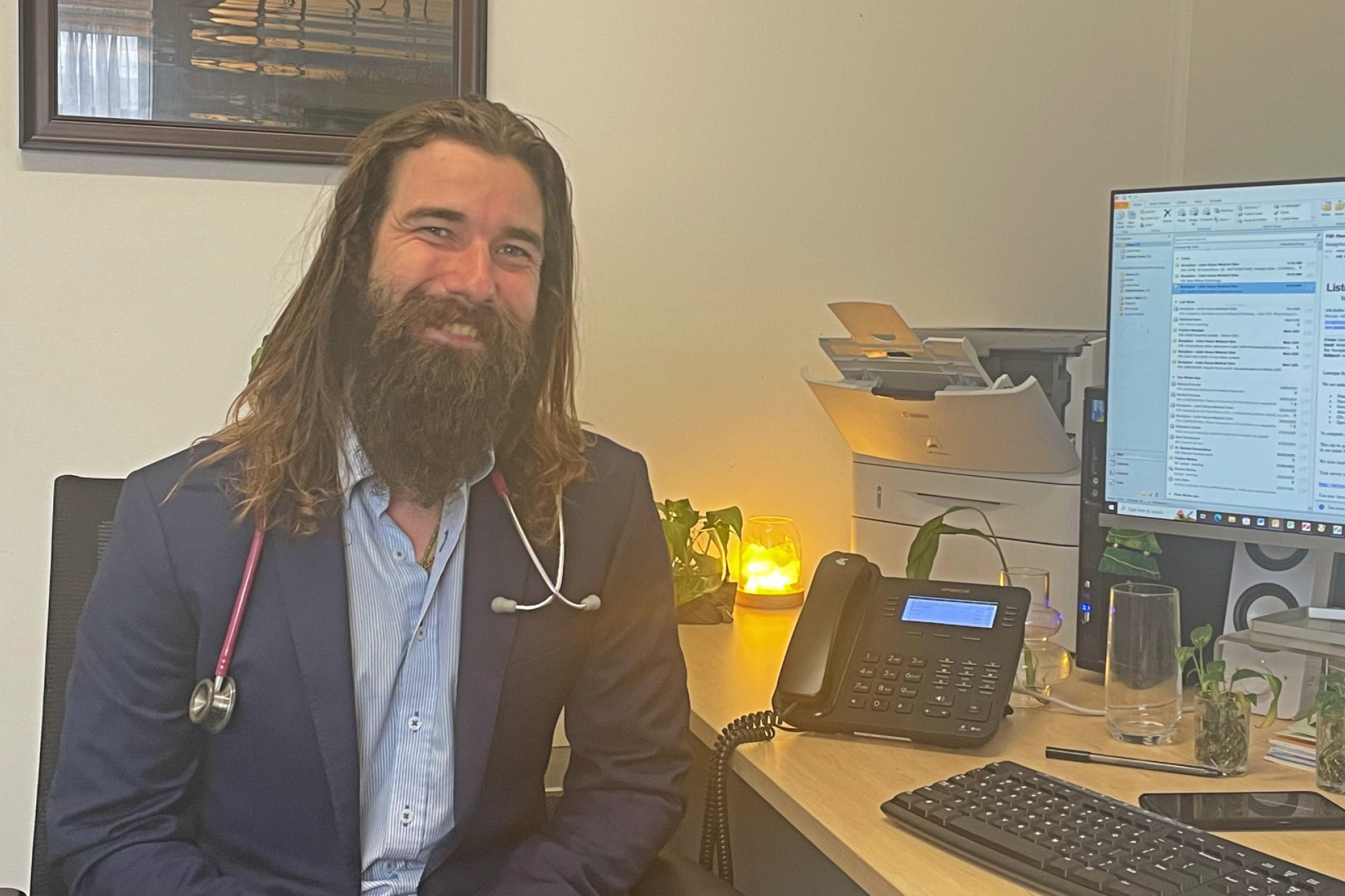General News
2 November, 2025
Call the Doctor with Dr Felix Ritson: Spotlight on the microbiome
Horsham GP and columnist for the Mail Times, Dr Felix Ritson, explores the tiny living blobs that make up our body. Enjoy another of the doctor's explanations into what makes us tick and what could be a link to Mental Health, Irritable Bowel Syndrome, and Parkinson's Disease.

This fortnight's column, I thought I would dedicate to a little-known part of the body that science is discovering is vitally important: the microbiome.
Our bodies are made of tiny living blobs called cells. We are in essence, a collection of these blobs floating in water supported by bones.
Our cells can be divided into two broad categories: those with “our” DNA, aka human cells, and bacteria and fungi, aka our microbiome.
What we might find surprising is that there are more bacterial and fungal cells in us than there are human cells.
I recall Dr Karl once stating that if an alien were looking down on Earth, it would likely assume that bacteria and fungi bred humans in order to live on them.
However, in truth, we are one with our microbiome, having always been totally co-dependent.
Our microbiome covers and lines all of our surfaces.
Our skin, ears, nose, sinuses, lungs, mouth, throat, oesophagus, stomach, intestines, reproductive tract, and bladder.
What science has been progressively discovering over the past few decades is how important this microbiome is to our health.
The medical term for an unhealthy microbiome is “dysbiosis,” and it can cause a wide range of diseases.
I heard a lecture from a very esteemed professor of dermatology where he stated that, in his opinion, every disease or ailment of the skin stems ultimately from dysbiosis of the skin microbiome.
Soaps and chemicals (such as those in beauty products) can damage our microbiome, and hence reducing the use of these can help our skin be healthier.
Generally, soap should be avoided when washing our genitals, areas of skin sensitivity, inflammation, acne, and most rashes, though individual-tailored medical advice should always be sought.
It has also been discovered that the lungs' microbiome is very important for our breathing.
Studies clearly show that lung dysbiosis is linked to worse outcomes for those with asthma and chronic obstructive pulmonary disease.
The area with the most interest and research is the gut.
Gut dysbiosis has been identified to be a key player in how nutrients are broken down in the gut and then absorbed into the body.
Furthermore, the development of irritable bowel syndrome has been strongly linked to varying degrees and types of dysbiosis.
There is even evidence suggesting gut dysbiosis may play a role in Parkinson's Disease.
Mysteriously, the microbiome of the gut has been shown to influence our mental health and psychological functioning.
A healthier microbiome seems to improve mental illness.
There is too much complexity to write about this here, but I will mention for interest sake studies in which people with illness have been given the gut microbiome from a healthy person by way of something called faecal transplant.
Studies have suggested this intervention may confer significant improvements in depression, anxiety, autism, and bipolar disorder.
More research is required before we understand the microbiome enough to provide targeted therapies for dysbiosis.
In the meantime, having a healthy diet, reducing alcohol intake, getting plenty of fresh air and avoiding overuse of soap/chemicals on your skin is the best way to cultivate a healthy biome.
Read More: Horsham